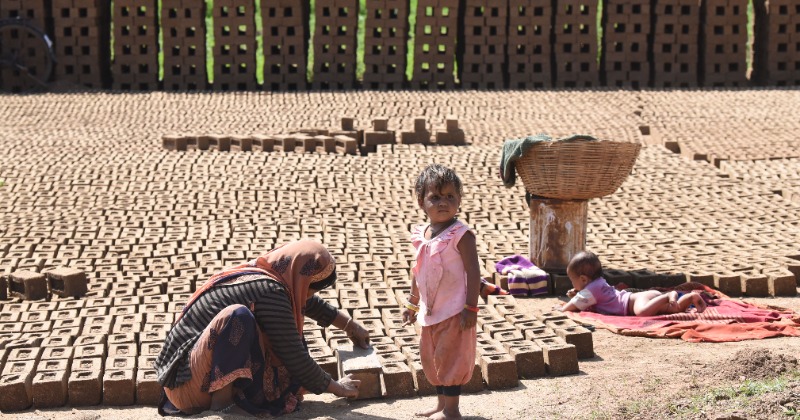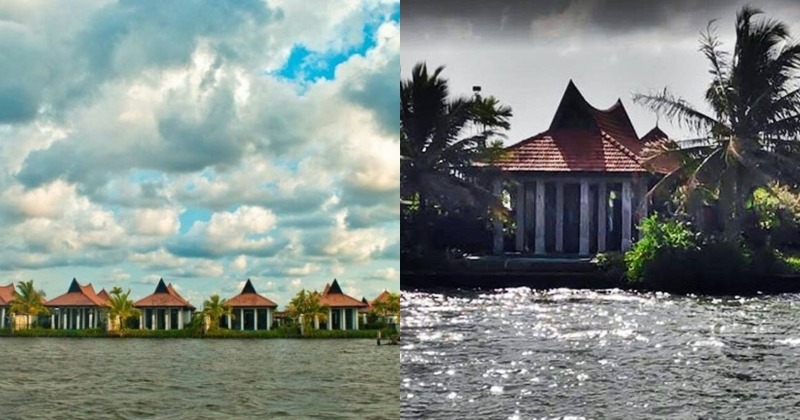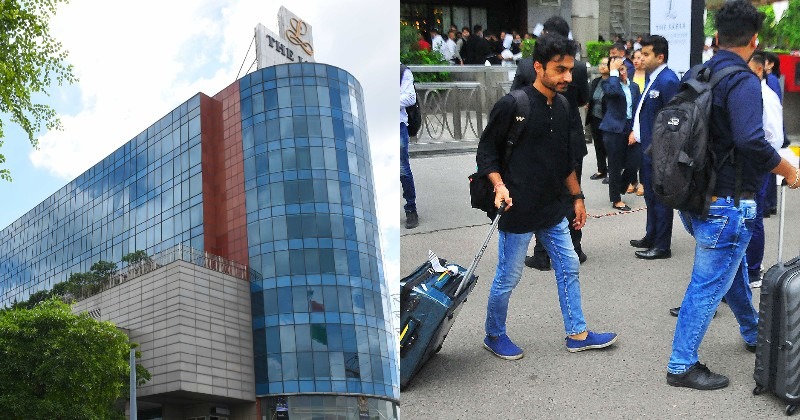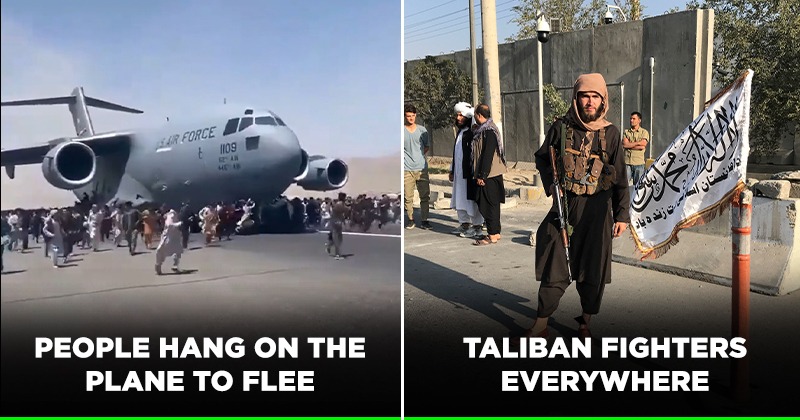A special CBI court in Ahmedabad discharged three police officers in the 2004 extrajudicial killing of Ishrat Jahan and four others stating there was “no question of any fake encounter” and there was “nothing on record to suggest that the victims were not terrorists”. The two former police officers filed discharge applications after the Gujarat government refused to grant sanction to the CBI to prosecute them.
Ishrat, a 19-year-old woman from Mumbra near Mumbai, was killed on June 15, 2004 along with Javed Shaikh, Amjadali Akbarali Rana and Zeeshan Johar, allegedly by the Gujarat police on the outskirts of Ahmedabad.
The police claimed they were terrorists who had plotted to to kill then Gujarat chief minister Narendra Modi. However, an investigation by a special investigation team set up up by the Gujarat high court established that the encounter was staged.
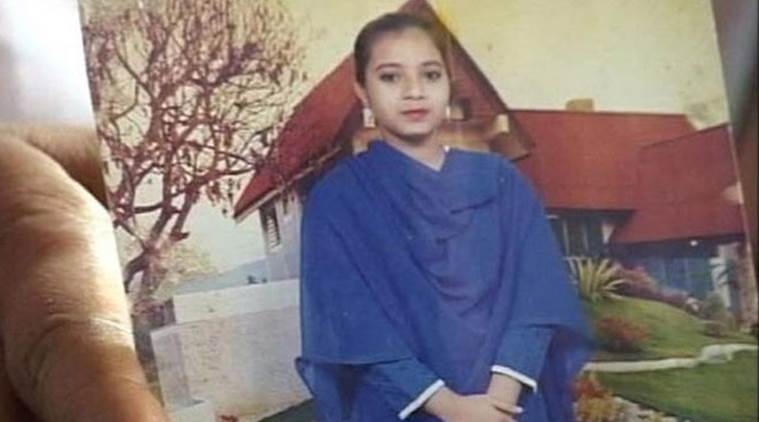
File
Timeline of events
Here is the series of events that have unfolded over the past 17 years.
June 15, 2004
Jahan, along with three others – Javed Ghulam Sheikh, Amjad Ali Rana and Jishan Johar – were killed in a police encounter, in the outskirts of Ahmedabad. They were identified as terrorists in an FIR filed later that day.
July, 2004
Jahan’s mother Shamima Kauser filed a writ petition in the Gujarat high court, seeking a CBI inquiry into the encounter. She alleged that her daughter was framed in a fake encounter.
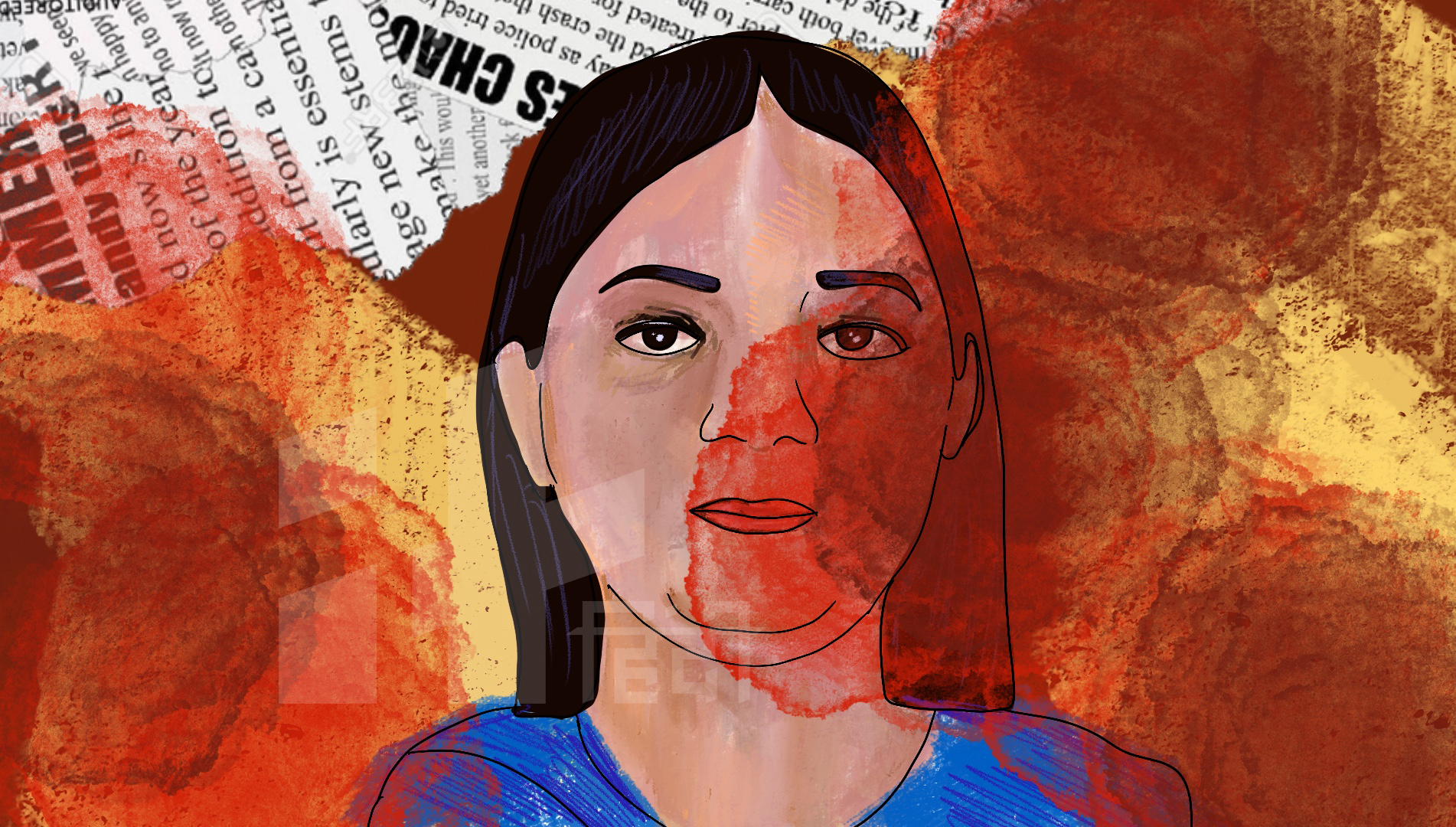
Ranak Mann/ Indiatimes
LeT claims Ishrat as one of their operatives
July, 2004
Indian media carried a news report from Lahore-based Ghazwa Times, in which the LeT claimed Jahan was one of their operatives.
June, 2006
The Ahmedabad city crime branch submitted a report to the Gujarat high court, claiming that the encounter was genuine. The court ordered a judicial inquiry headed by the metropolitan magistrate.
June, 2006
The LeT apologised for its “mistake” of claiming Ishrat Jahan as an operative.
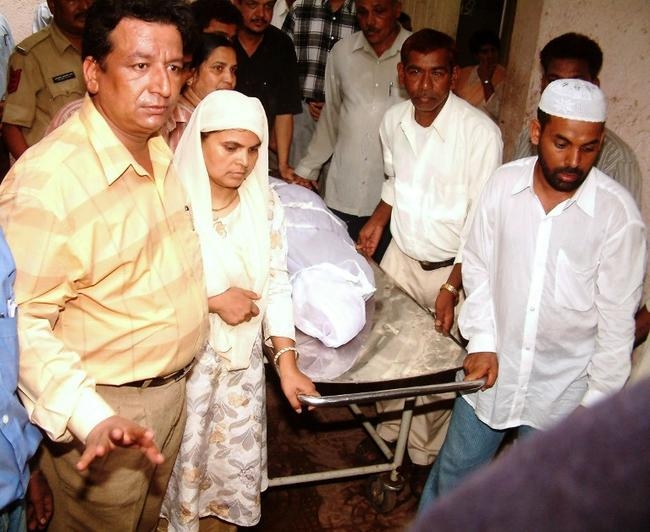
AFP
August, 2009
The Gujarat high court ordered a three member Special Investigation Team (SIT) to probe the encounter and determine whether it was genuine or not.
September, 2009
The encounter was declared as fake by the Ahmedabad metropolitan magistrate, S.P. Tamang. Tamang released a report which accused crime branch officers of participating in a fake encounter and killing four people in ‘cold blood’.
New SIT headed by three cops
October 2010
The high court constituted a new SIT after the R.K. Raghavan-headed SIT expressed its inability to undertake the probe. The new SIT was headed by one IPS officer from outside Gujarat and two Gujarat cadre officers Mohan Jha and Satish Verma.
January, 2011
Satish Verma, a member of the SIT, filed an affidavit which stated that the encounter was fake. Verma also accused other members of the team of not allowing the probe to be conducted in an unbiased manner.
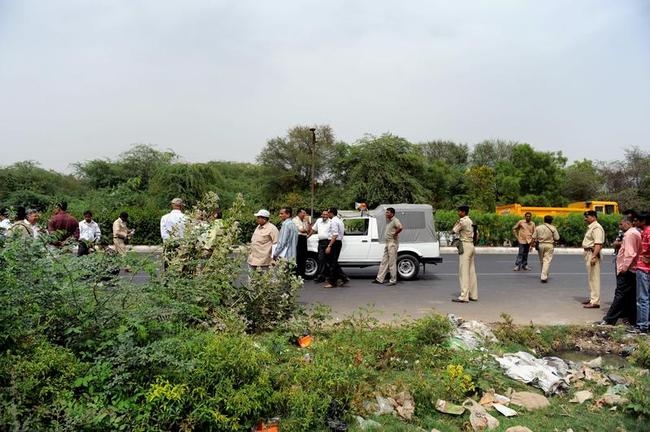
AFP/Getty Images
December, 2011
The high court ordered a fresh FIR to be registerd and transferred the case to the CBI.
First arrest made in the case
February, 2013
CBI arrests Gujarat IPS officer G.L. Singhal. Both the SIT and CBI probe did not find any links between those killed and the LeT.
July, 2013
A special CBI court granted permission to arrest D.G. Vanzara in the Ishrat Jahan encounter case
July, 2013
The CBI filed its first chargesheet in the case, at the Ahmedabad high court. The chargesheet said that Ishrat Jahan was killed in a fake encounter.
One of accused surrendered before court
August, 2013
A special CBI court sent senior IPS officer P.P. Pandey, an accused in the 2004 Ishrat encounter killing case, in judicial custody, after he surrendered before the court.
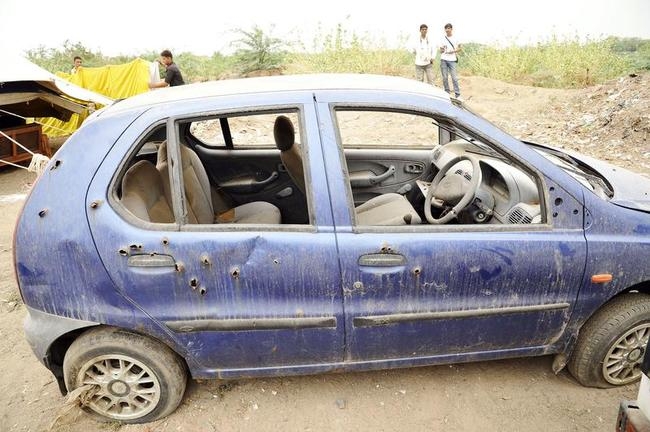
Bhadresh Gajjar
February, 2015
P.P. Pandey was released on bail on February 6. He was then reinstated, and put in charge of a case against Satish Verma whose probe had landed Pandey in jail.
June, 2015
The Ministry of Home Affairs refused to grant sanction to the CBI to prosecute some Intelligence Bureau officers.
February, 2016
David Headley picked Ishrat Jahan’s name from a list of three names during his testimony, identifying her as a LeT operative.
March 2, 2016
In light of Headley’s testimony, the Supreme Court listed a PIL that sought the closure of cases against the police officers in the Ishrat Jahan case.
PIL seeking closure of criminal cases was quashed
March 11, 2016
The PIL seeking closure of criminal cases was quashed by the Supreme Court.
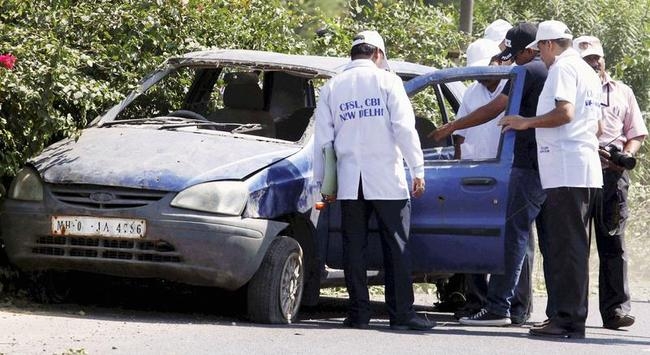
PTI
February, 2018
A special CBI court in Ahmedabad discharged former Gujarat DGP P.P. Pandey in the Ishrat Jahan fake encounter case. Pandey, one of seven policemen and four IB officers accused in the case, was the first to be discharged.
August, 2018
The two former officers filed their discharge applications. The court, however, rejected both their pleas, and held that their role in the encounter could not be treated at parity with that of P.P. Pandey.
Gujarat govt denies sanction
March, 2019
A special CBI court said that the sanction to prosecute the former officers, who were accused in the case, under section 197 of the CrPC, was declined by the state government. The defence lawyers then sought permission to file an application to drop proceedings against the two former police officers.
May 2, 2019
The CBI court discharged former police officers D.G. Vanzara and N.K. Amin in the Ishrat Jahan fake encounter case. Special CBI court judge J.K. Pandya said that since the government had not sanctioned their prosecution, their discharge pleas are allowed and proceedings against them will be dropped in the case.

